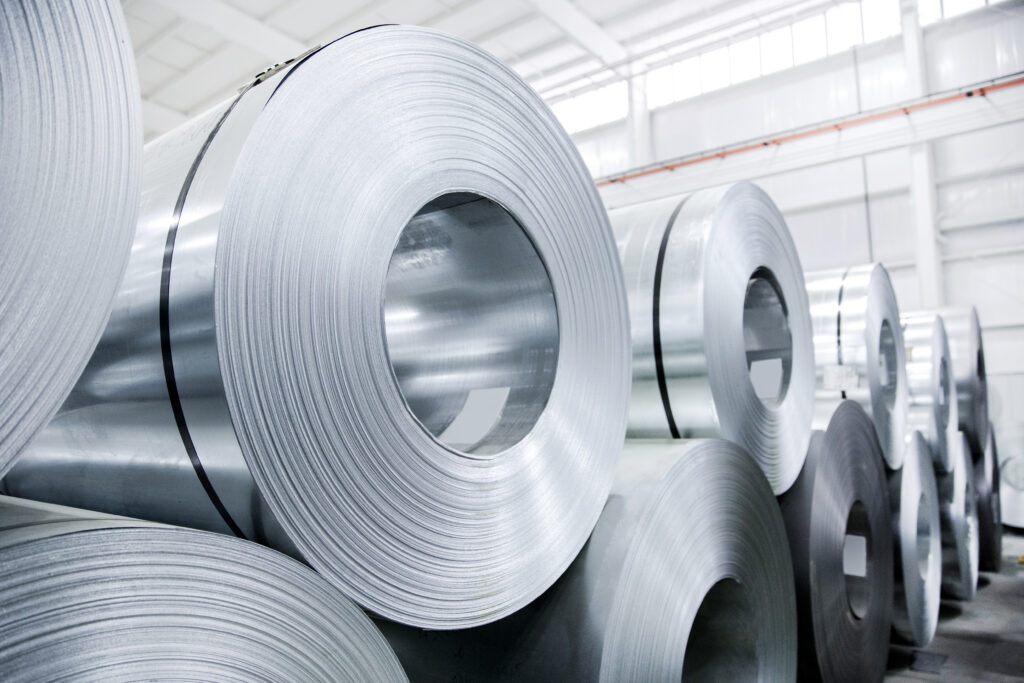Resins
Resins
Essential raw materials for resin production.
Aromatic hydrocarbon resins are another product category based on petrochemical and coal tar distillate raw materials. Resins based on monomers extracted from coal tar and coke-oven light oil are especially relevant for applications in coatings, rubber tires and other end-user rubber products.
Resins respond to the high-performance requirements of several consumer and industrial applications.
They can offer outstanding durability, excellent physical properties, and a high-end finished appearance.
There is a broad selection of resins available, offering a wide range of viscosities and softening points. Specific formulations based on hydrocarbon resins have a very hydrophobic, aromatic structure that significantly increases the resistance to moisture and aqueous media in civil-engineering structures and corrosion-protection systems.
Key areas of use
01.
Construction
Resins are important component in paints and glues. In these applications, the resins can increase solid content, improve the gloss, increase abrasion resistance, and protect against corrosion.
Resins are also used in reinforced glass and plastic fibres that are typically used to line pipes or tanks as well as used in fibreglass for roof materials.
02.
Renewable energy
Resins play and important role in fibre composites, Such composites are the key material ,e.g., for the manufacturing of blades for windmills.
03.
Transport
Automotive components and marine components (e.g., boat and yacht hulls and decks), rails.
04.
Aerospace
05.
Electronics
06.
Industrial applications
Properties of resins:
Low density (weight efficient)
Low thermal conductivity
Corrosion and chemical resistance
Fatigue and impact properties
Applications
Thanks to its many critical applications, the coal chemicals industry makes a direct contribution to Europe’s climate objectives through a systematic energy efficiency approach.

Carbon & graphite

Carbon black

Super plasticizers

Activated carbon



